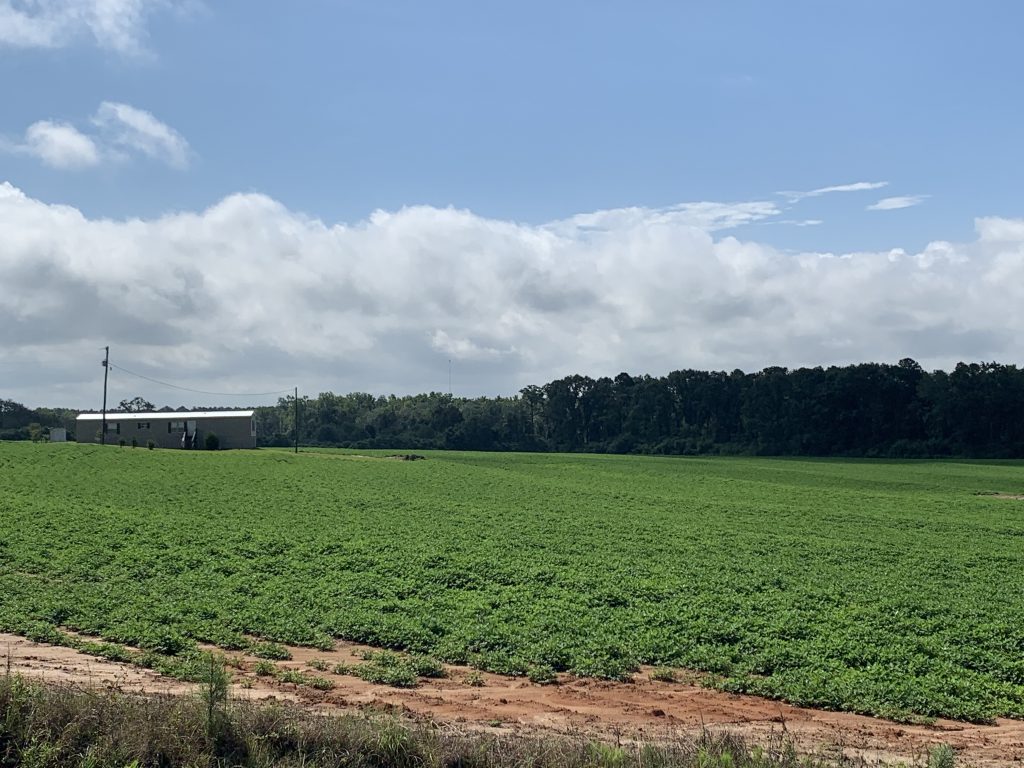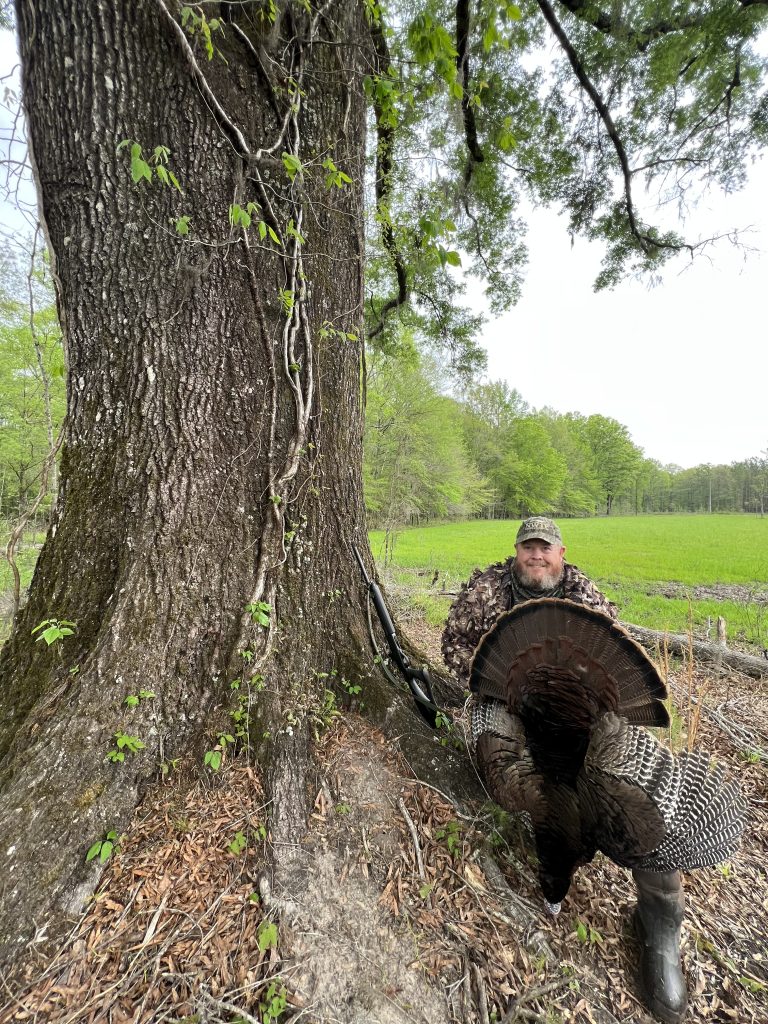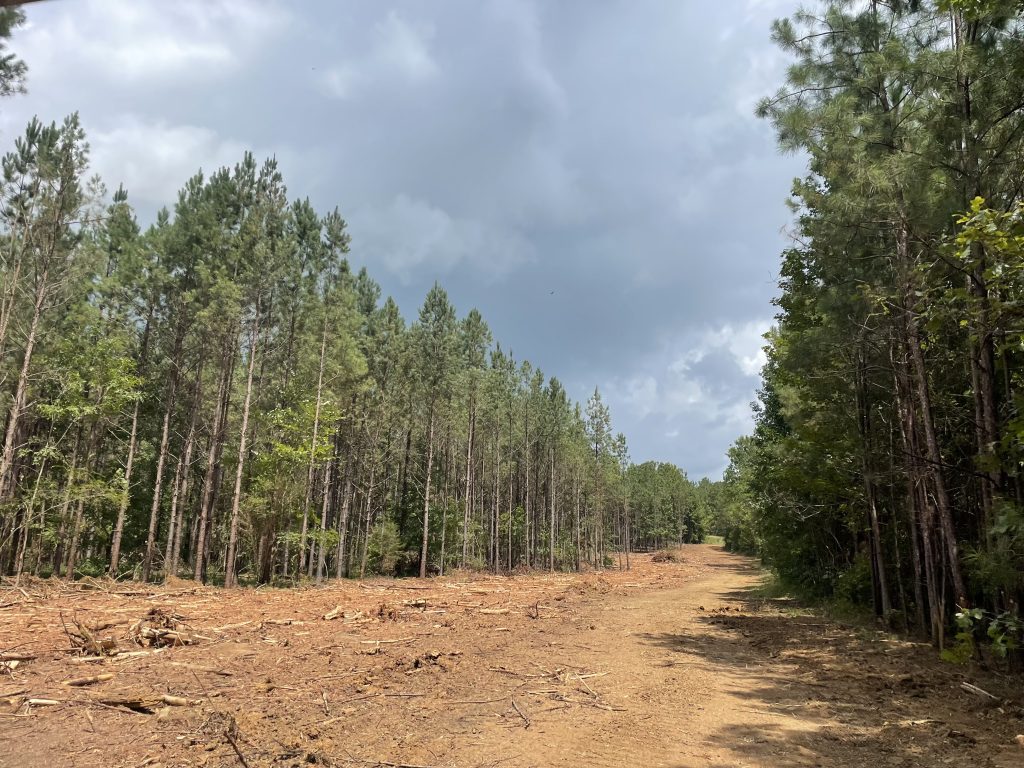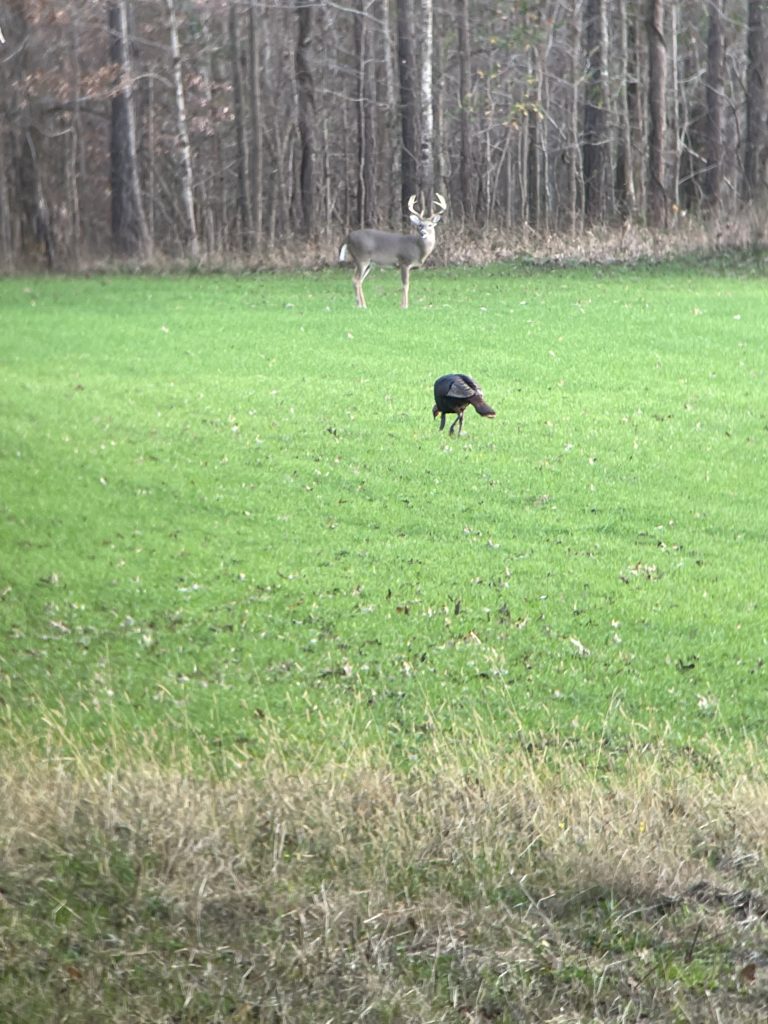There’s a shortage of leasable land available to hunters, particularly properties with good numbers of deer and turkey and possibly other game. How do you: locate land you want to lease; find a landowner; determine a price you both can agree on; and get liability insurance for that property? Base Camp Leasing shortcuts the answers to these questions. To answer the question “how much can I lease my land for,” I talked with Base Camp Leasing’s Southern Regional Manager, Lee Duncan, to learn the easiest way to put landowners who have land to lease in contact with hunters who want to lease land.
Duncan explains, “Base Camp Leasing takes care of all phases for landowners when it comes to leasing their land for hunting. From inspecting the landowner’s property to provide a fair market price. To also marketing their property to Base Camp Leasing’s database of thousands of premium members who are in constant search for a hunting lease.”
What Base Camp Leasing Provides
Base Camp Leasing has been in business since 1999 with the mission of making sure that a lease’s size and the amount the hunter pays fits both the hunter and the landowner. When I asked Duncan to explain how that worked, he answered, “We’re a third-party company who connects landowners who want to lease their lands for hunting with hunters who want to lease land. We have agents in 29 states who know the lease prices in that state and can identify the lands that can be leased. Also these agents should be able to answer any questions a potential lessee would want to know, and we can put a fair value on potential hunting property to insure the landowner receives a reasonable price.”

Base Camp Leasing advertises on its website the available properties to enable hunters to see the size of the land, its lease price and any history that has been gathered about the property because various hunters have different requirements for the types of land they want to lease. Base Camp Leasing saves time and money for the landowner looking for hunters, and for the hunter’s time searching for land to lease.
“We do all the paperwork to make this lease satisfy both parties,” Duncan says. “For landowners and hunters, our services are a turnkey process. Base Camp Leasing puts a fair value on potential hunting property, so that the landowner gets a fair price for the land he’s leasing. We handle all the contracts, paperwork and advertising to get the property leased, and provide $5 million worth of liability insurance. We also offer discounts on products for hunters from many of the outdoor industry’s companies that have partnered with us.”
What Sizes of Leases Are Available
Duncan mentions that Base Camp Leasing has leases as small as 15 or 20 acres up to thousands of acres. The lease size you need depends on the number of people who’ll be hunting that lease, possibly two or three people searching for a small lease, or up to 50 or more individuals who’ll prefer a larger lease.
What Factors Impact Lease Prices
*Lease Location: Duncan reports that Base Camp Leasing has, “Experts in 29 states who know the value of leases in their areas and their states. Historically, the Midwest has been highly sought after for deer and turkeys, due to those states having fertile soils and producing big deer, turkeys and other wildlife. Ohio, Indiana, Illinois, Missouri and Kansas are what we call destination states, offering bigger deer and possibly the opportunity for a hunter to take the buck of his lifetime. Since the Midwest lands often grow crops that help deer reach their potential and produce numbers of turkeys, those lands’ prices may be high – possibly $30 to $50 per acre or more to lease them each year.”

Or, some hunters may prefer to find a lease close to home. Then if they get off work early in the afternoons or have long weekends, they don’t have to travel far to hunt. Perhaps they can oversee and improve the land too. Those leases are highly-sought after as well.
*The Land’s Hunting History: The history of the lands being leased, including the area’s ability to produce the sizes and numbers of deer and turkeys for which the hunters are searching, and also whether or not the land ever has been managed for wildlife will influence prices. The most-desirable properties will have some hardwoods, green fields, crop fields planted with what deer and turkeys like and water. You may be able to lease the non-premium land for $15 to $20 an acre or the best land for $60-$80 per acre.
*The Property’s Size: Duncan mentions, “The sweet spot that most of our hunters are searching for seems to be 50 to 200 acres, which generally are at a price point many people can afford. Too, they can learn the land and hunt it effectively. Again, the amount of wildlife, croplands, wood lands, water and other considerations will determine the price. You may expect to pay even $1800 – $3,000 per year to lease a premium 80-acre farm.”
*The Land’s Soil Quality: Rich soils usually will produce the best conditions for wildlife and wildlife crops.
*Land Use: Duncan emphasizes that, “Land use is extremely important. If the landowner already is growing crops and/or has several green fields planted, the land’s price will be much higher than if not much food is available there for wildlife. Timber lands containing uneven stands of pine or some other timber can cause the property’s price to be higher, since deer and turkeys thrive on diversity. Having various-age classes of timber provides edge and food for deer. The more diversity of habitat on a lease, the more valuable that land becomes.”

Yet another consideration that affects the price of a lease is the road system and how easily all the property’s parts are to access, so the hunters can reach the places they want to hunt easily. Hunters often ask the Base Camp Leasing agents: whether or not the land has been hunted before; why have the previous hunters given up the lease; and/or how much wildlife is on the lease. If the landowner has trail-camera pictures or harvest pictures taken on the property in previous years, then hunters can get an idea of the sizes of deer and turkeys possibly available, which also affects the lease’s price.
*The Availability to Park a Travel Trailer or Motor Home on the Property: Having an opening on the land where hunters can park their travel trailers or motor homes during hunting season also will impact the lease’s cost.
*The Cost of Leasing Surrounding Properties: Duncan emphasizes that knowing what the surrounding properties lease for, and what sizes and numbers of deer and turkeys those neighboring properties have produced also will impact what you’ll pay to lease land. “This information is very important. If the surrounding properties back-up to a wildlife sanctuary, a state park, a wildlife management unit or a property that’s not hunted, that information also increases the price you can expect to pay for the lease.”
What Size and Type of Leases Will Companies and Corporations Want
Since corporations will entertain their customers, sales staff and possibly friends and family on a lease, those considerations determine the size and type of lease they need. Duncan says that, “One thousand to 1500 acres and more with an abundance of game that has been well managed is what corporations will prefer. Then they can manage the land to increase the deer and turkey habitat. A corporate property, besides the wildlife potential on it, usually needs a house, a hunting lodge or a cabin where its visitors can congregate, stay and enjoy downtime.”

Duncan explains that a corporate property with a house or a lodge, plenty of game, and a history of producing older-age-class deer may list for $50 – $70 per acre per year.
Why a Landowner and the Hunters Need Liability Insurance
Duncan reports that having liability insurance on the property the landowner has for lease, “Protects the landowner if someone has an accident on that property, and it protects the hunter to know that if there’s an accident on the property, he’ll be taken care of by the insurance. You can learn more about the coverage we offer with our insurance plan and the leases available today by checking out www.basecampleasing.com or calling 866-937-5048..




